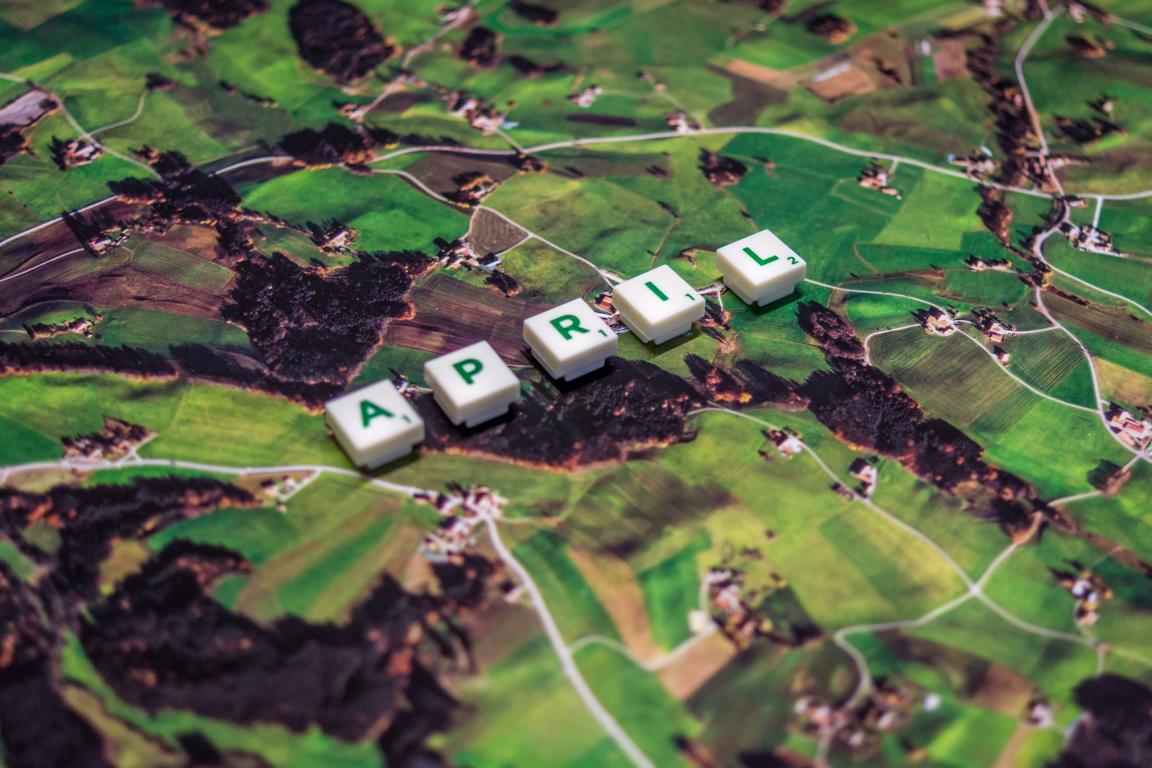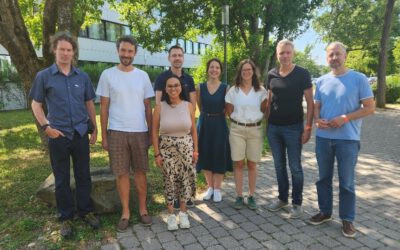We are offering a Postdoc or PhD position working in the analysis of global or regional change processes at our department (application deadline is July 1st 2018)! We are very much looking forward to your application!
The summer term 2018 started and we are involved in 12 lectures and seminars within the geography study programs. The PhenoSens team gave a training event on phenology and EO for the EAGLE students including the MySeason app. The training was accompanied by a local tv station and is broadcasted online.
Within the topic of animal movement, Jakob Schwalb-Willmann just started his MSc thesis titled “A deep learning movement prediction model using environmental data to identify movement anomalies”.
In April we participated in several presentations and talks given by our team members or guests. Talha Mahmood and Gideon Tetteh showed us how they are using Sentinel-1 und Sentinel-2 data to classify crops in Pakistan and Europe. Talha is one of our PhD students and Gideon is working at the Thünen Institute of Farm Economics. Earlier in April I was giving a talk on how to derive phenological information from MODIS time series. This month’s highlights were two PhD defenses: Kim Knauer was showing his research on “Remote Sensing of Vegetation Dynamics in West Africa: Improved Time Series for Agricultural Analyses” and Christian Wohlfahrt gave an insight in his PhD thesis “The Yellow River Basin in Transition: Multi-faceted Land Cover Change Analysis in the Yellow River Basin in the Context of Global Change Using Multi-sensor Remote Sensing Imagery”.
We welcomed our new guest scientist Chiara Panicchia, a PhD student from University of Molise. Chiara will stay with us until August and talk about her topic on “Small mammals in a changing landscape: monitoring communities from local to broad scale” within our workshop reports next week.
Members of the Department published a research paper on “Synthetic RapidEye data used for detecting spruce tree mortality induced by bark beetles” in cooperation with colleagues from the Bavarian Forest National Park and the University of Freiburg.
We also were announcing the upcoming textbook “Getting Started with Spatial Data Analysis using Open Source Software”. Led by Martin Wegmann and Stefan Dech, the book will show the whole process of data collection, data preparation and analysis including making maps, working with GPS and the interaction with a GIS.








